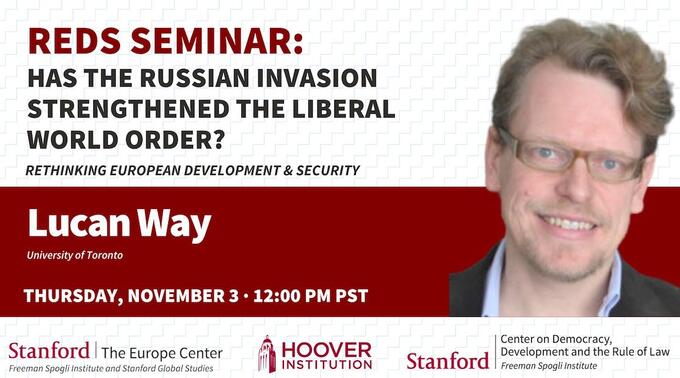In the years following the 2011 general election in Myanmar, there were reasons to think that the country might be growing more democratic, and that dialogue between rulers and ethnic minorities might alleviate the latter's long-standing rebellions against the state. Instead, in 2021, a military coup ended democratic reform, triggered mass opposition, and plunged Myanmar back into civil war. In ostensibly democratic Indonesia and the Philippines, on the other hand, rebellions respectively by the Moros and the Acehnese transitioned to peace. Could one conclude, from this and other evidence, that autocracy engenders and prolongs ethnic civil war, and that, in contrast, democracy alleviates or even resolves it? Jacques Bertrand, in two recent books (noted in his bio below), challenges the notion that democracy necessarily fosters peaceful outcomes. He stresses the importance of interactive process between the state and its opponents and argues for a dynamic and contingent understanding of democracy’s impact. Although democratic institutions and negotiations can help to resolve deep and enduring conflicts, he concludes, they can also be used and have been used, mainly by the state, to manipulate and undermine insurgent ethnic minority groups.
Jacques Bertrand is a professor of political science at the University of Toronto, where he also directs the Collaborative Master’s Specialization in Contemporary East and Southeast Asian Studies at the Asian Institute in the Munk School of Global Affairs and Public Policy. He both founded and headed the institute’s Centre for Southeast Asian Studies and is a co-founder of the university’s Postcor Lab, a research hub for the study of civil wars and war-to-peace transitions.
Professor Bertrand has worked for many years on issues of ethnic conflict, nationalism, and secessionism in Southeast Asia. His research has been funded by the Social Sciences and Humanities Research Council of Canada, the United States Institute of Peace, and the International Development Research Centre. His latest book, just published in July 2022 and co-authored with Ardeth Thawnghmung and Alexandre Pelletier, is Winning by Process: The State and Neutralization of Ethnic Minorities in Myanmar. His sole-authored Democracy and Nationalist Struggles in Southeast Asia: From Secessionist Mobilization to Conflict Resolution appeared in 2021.
Discussant:
Scot Marciel is Oksenberg-Rohlen Fellow at the Freeman Spogli Institute for International Studies, affiliated with the Walter H. Shorenstein Asia-Pacific Research Center. Previously, he was a 2020-22 Visiting Scholar and Visiting Practitioner Fellow on Southeast Asia at APARC. A retired diplomat, Mr. Marciel served as U.S. Ambassador to Myanmar from March 2016 through May 2020, leading a mission of 500 employees during the difficult Rohingya crisis and a challenging time for both Myanmar’s democratic transition and the United States-Myanmar relationship. Prior to serving in Myanmar, Ambassador Marciel served as Principal Deputy Assistant Secretary for East Asia and the Pacific at the State Department, where he oversaw U.S. relations with Southeast Asia.























